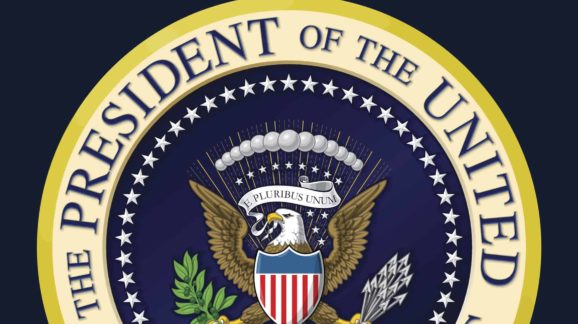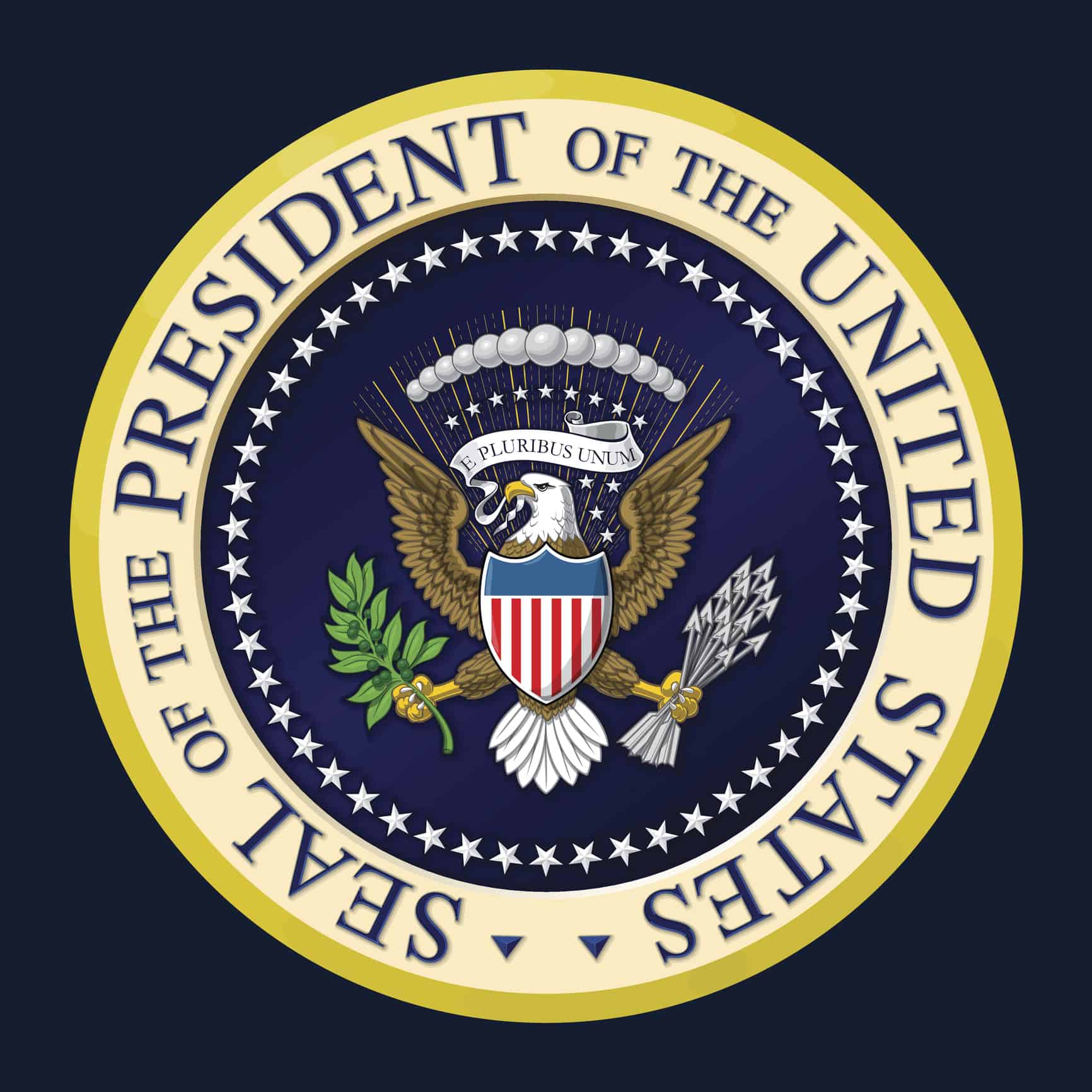NRDC Is Wrong: Trump Can Issue Day 1 Executive Order Declaring Clean Power Plan Illegal

 Two weeks ago, twenty-four Attorneys General sent a letter to President-elect Trump asking, inter alia, for “an executive order on day one … explain[ing] that it is the Administration’s view that the [Clean Power Plan] is unlawful and that EPA lacks the authority to enforce it.”
Two weeks ago, twenty-four Attorneys General sent a letter to President-elect Trump asking, inter alia, for “an executive order on day one … explain[ing] that it is the Administration’s view that the [Clean Power Plan] is unlawful and that EPA lacks the authority to enforce it.”
I agree with the Attorneys General that the Clean Power Plan in its current form is illegal, and I have no problem with the President issuing an executive order to this effect on day one.
Nonetheless, the request has engendered a backlash from greens. Here’s how NRDC’s David Doniger responded:
The president cannot do what the AGs are asking. He can direct an agency to review a rule and conduct a rulemaking on whether to change it. But he cannot short-circuit the legal process by commanding the outcome on legal or factual matters.
If Trump issues an executive order that purports to declare the Clean Power Plan unlawful, NRDC and its partners will go to court right away, and we will win.
On reading Doniger’s blog post, I was struck by the above legal posturing. It doesn’t make any sense to me why an executive order declaring the Clean Power Plan illegal would be impermissible. To be sure, impartiality and an unbiased predisposition to factual and legal questions are no doubt essential for trial-like administrative adjudications, but these restrictions simply do not apply to informal rulemakings of the sort that would be undertaken to revise the Clean Power Plan. After all, pre-judgment on legal questions is inherent to any proposed rulemaking; the whole point is that a policy is being proposed. If Doniger is correct, the rulemaking process established by the Clean Air Act would be unworkable. This is a big sign that he’s wrong.
Moreover, Doniger’s claim seemingly precludes a presidential candidate from running on a policy position that an existing rule is illegal. As a democracy, we prize accountability. Doniger’s argument would preclude such accountability. This is second sign he’s wrong.
Finally, I don’t see how NRDC or any other group could demonstrate standing necessary to challenge such an executive order. In practice, the executive order wouldn’t alter any legal obligations; it’s merely the president’s legal viewpoint. Regulatory consequences would not flow until the EPA conducted a rulemaking to review the rule. So it’s not a final action, and it has had no bearing on the NRDC. Therefore, NRDC cannot have been injured. And absent a concrete injury, a party has no standing, which means that an Article III court has no jurisdiction to hear the claim.